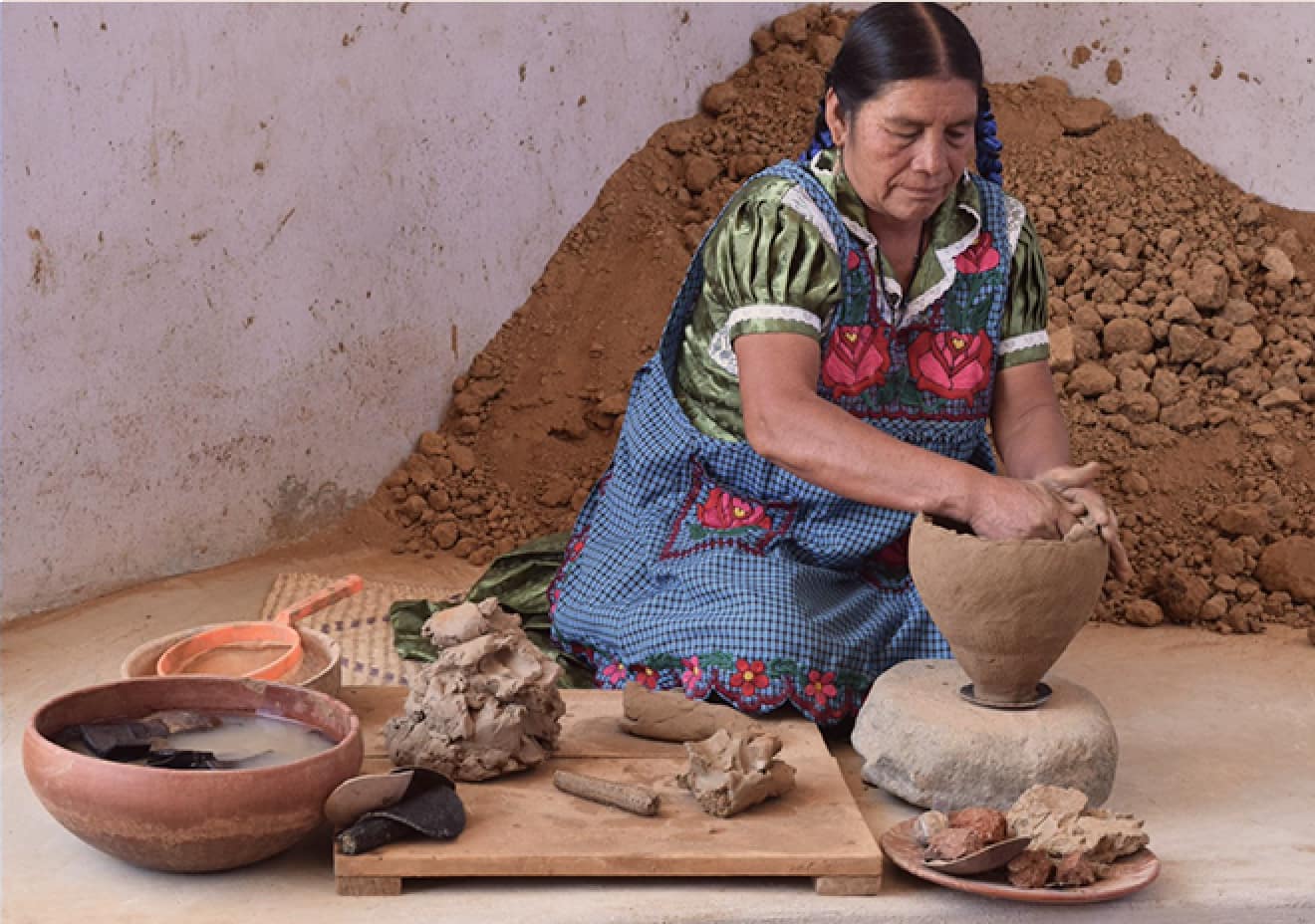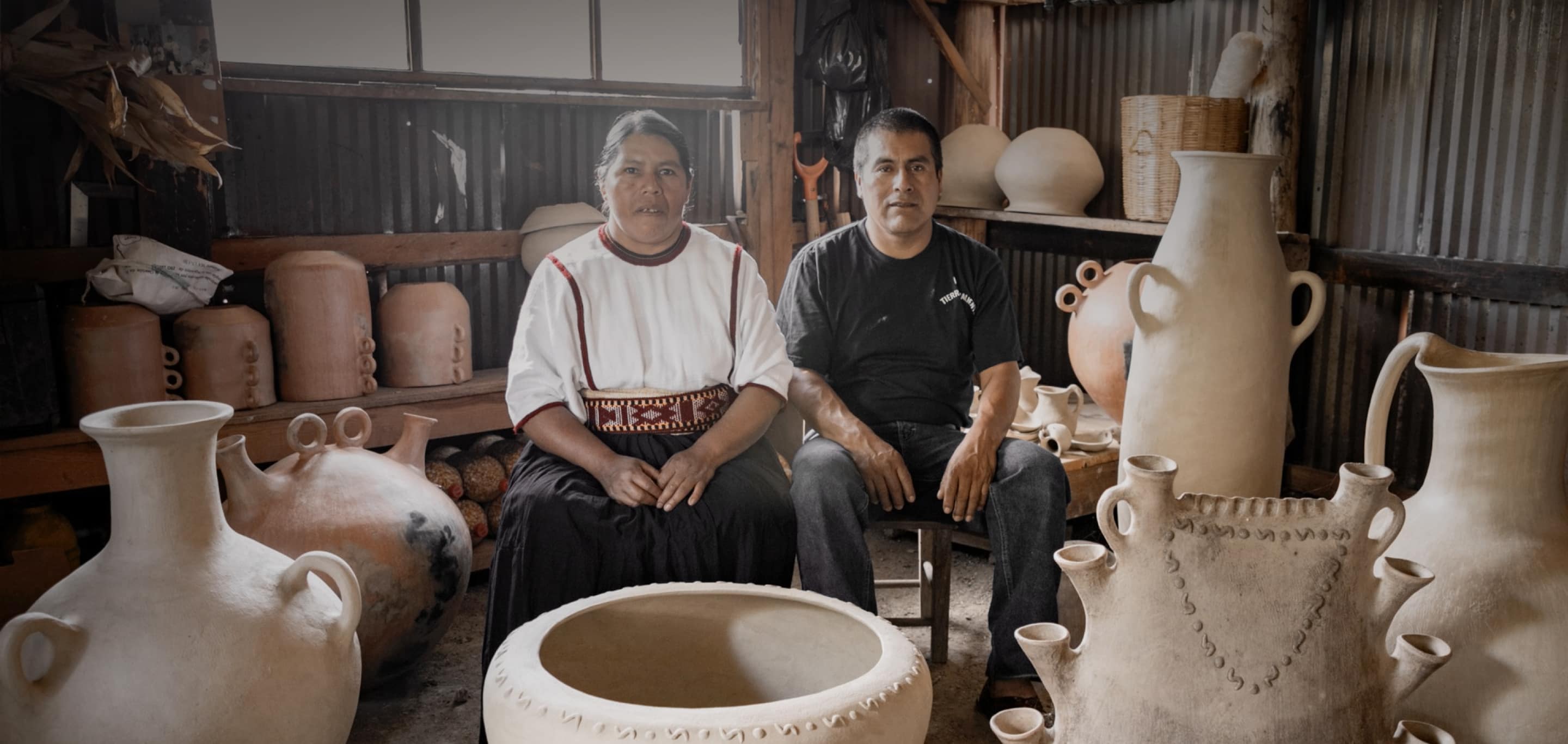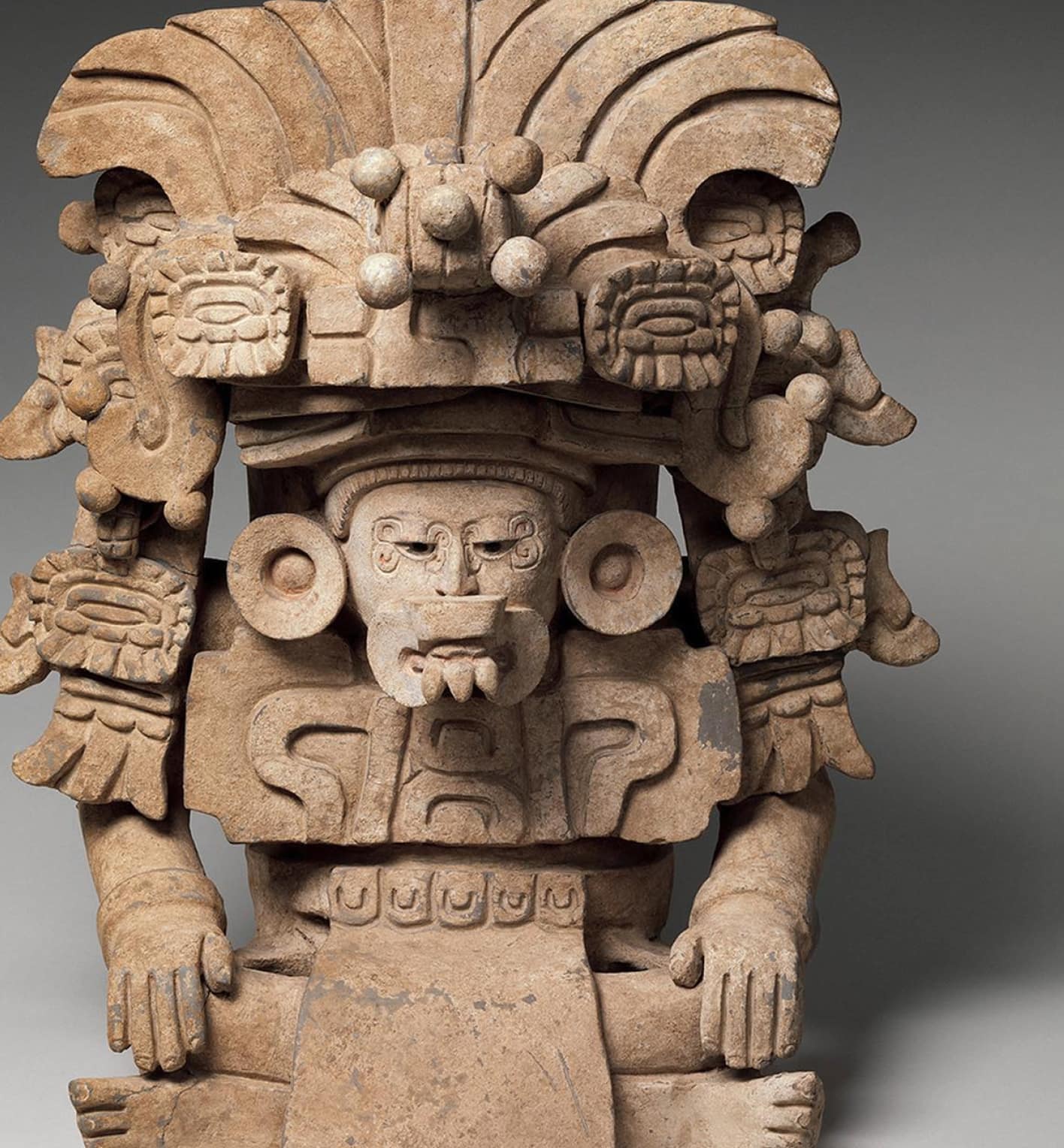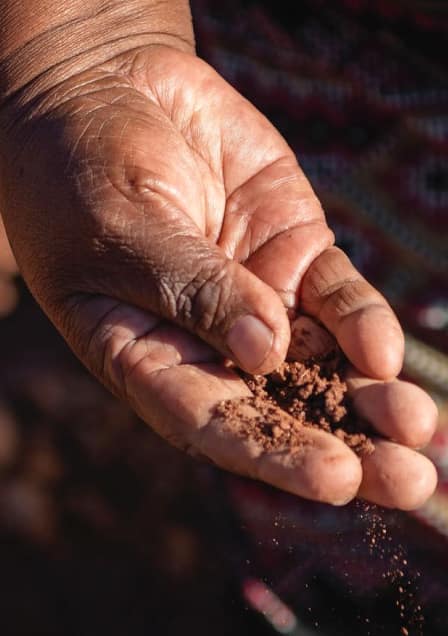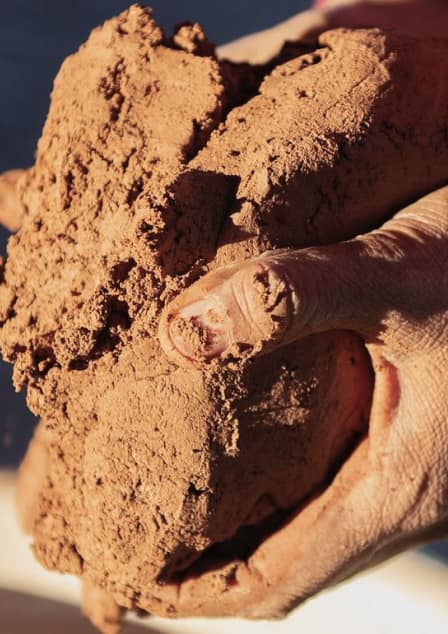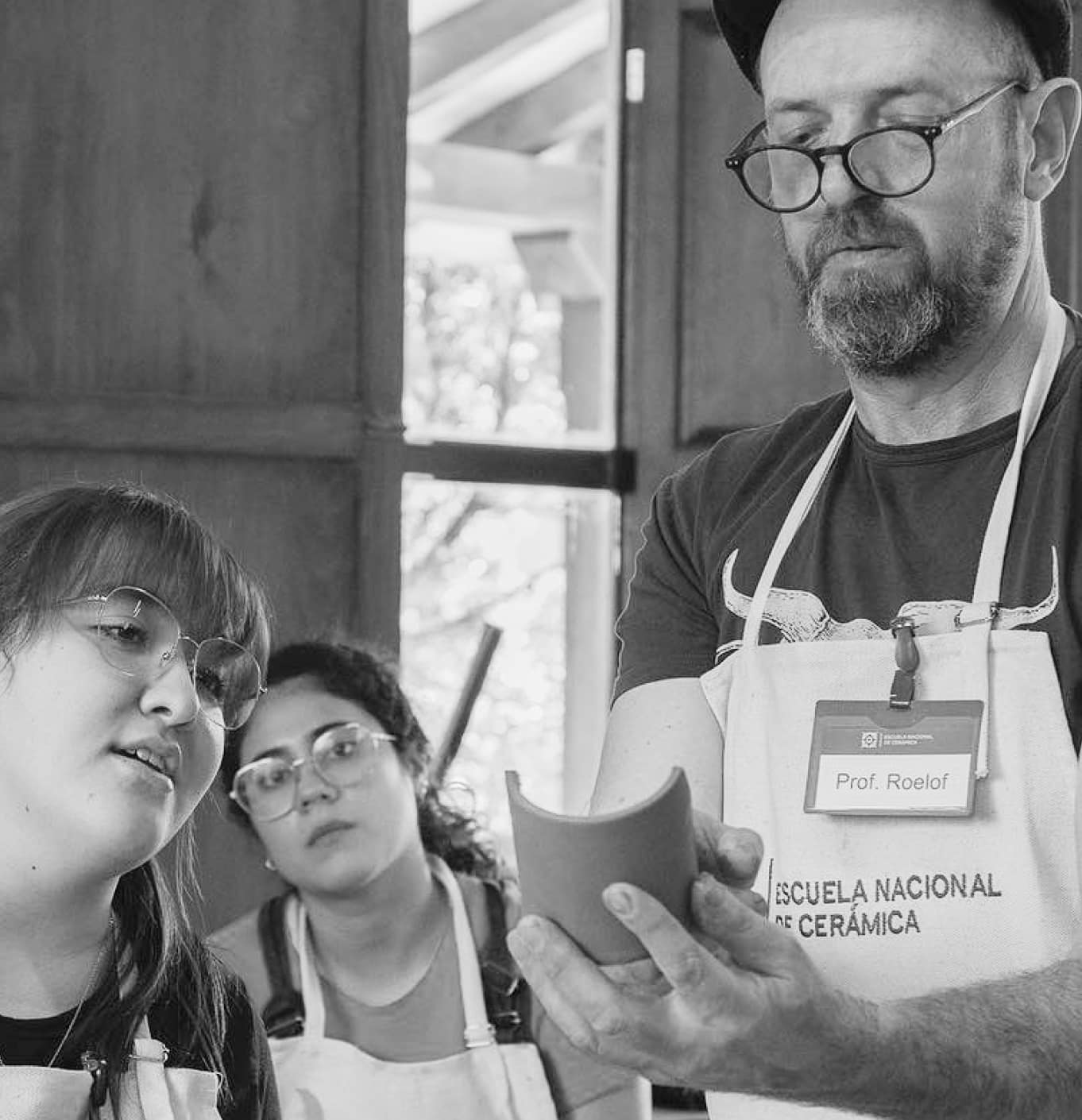Transforming Ceramics in Mexico
Born from a private initiative in 2016, ENC’s social project works hand in hand with Mexican ceramists to improve their conditions through the construction of smokeless wood kilns, the preservation of ancestral techniques in Indigenous communities, and the professionalization of the craft.
For this reason, the ENC offers intensive workshops led by distinguished guest instructors from Spain, Japan, Germany, China, Mexico, the United States, Peru, and South Africa —paving the way for future educational programs at the bachelor's, master’s, and doctoral levels.
Unique in its kind, the ENC has been made possible thanks to Industrias Tajín, which supported the initiative proposed by David Aceves Barajas in 2013.

The Four Core Pillars of the National School of Ceramics
Smokeless Wood Kiln Program for the Improvement of Pottery
By improving working conditions for Mexican potters and reducing the environmental impact of their production, this program contributes to the preservation of national ceramics, the well-being of communities, and the protection of the environment..
Subsequently, the ENC closely monitors the social impact of the kilns, reflected in the artisans' quality of life, the integration of new individuals into the craft, the motivation of new generations to preserve ancestral knowledge, and the economic improvement, which goes hand in hand with a higher quality of their pieces.
Benefits
The smokeless wood kilns operate based on the following principles:
- Ecology. Optimizes fuel use by employing organic materials such as tree pruning, grasses, and other natural waste. It also maximizes heat efficiency, significantly reducing the firing time.
- Environment. Reduces harmful emissions that negatively impact the environment.
- Health. By minimizing emissions that affect health, the risk of respiratory diseases among potters and their families is drastically reduced.
- Quality. Reduces the loss of pieces by improving the quality of the finished product.
Specialized Workshops
Each year, the ENC dedicates its academic cycle to a guest nation, opening its doors to three internationally renowned masters who teach intensive workshops with a range of both ancestral and avant-garde techniques.
This experience is enriched by multiculturalism, demonstrating that the language of ceramics is universal and that horizontal teaching through the exchange of knowledge is the key to continuous and specialized education
Scholarship Program
As part of its social commitment, the ENC offers scholarships in collaboration with various organizations to train Mexican artisans and extend learning to their communities.
